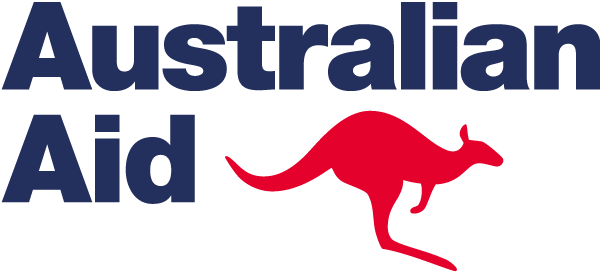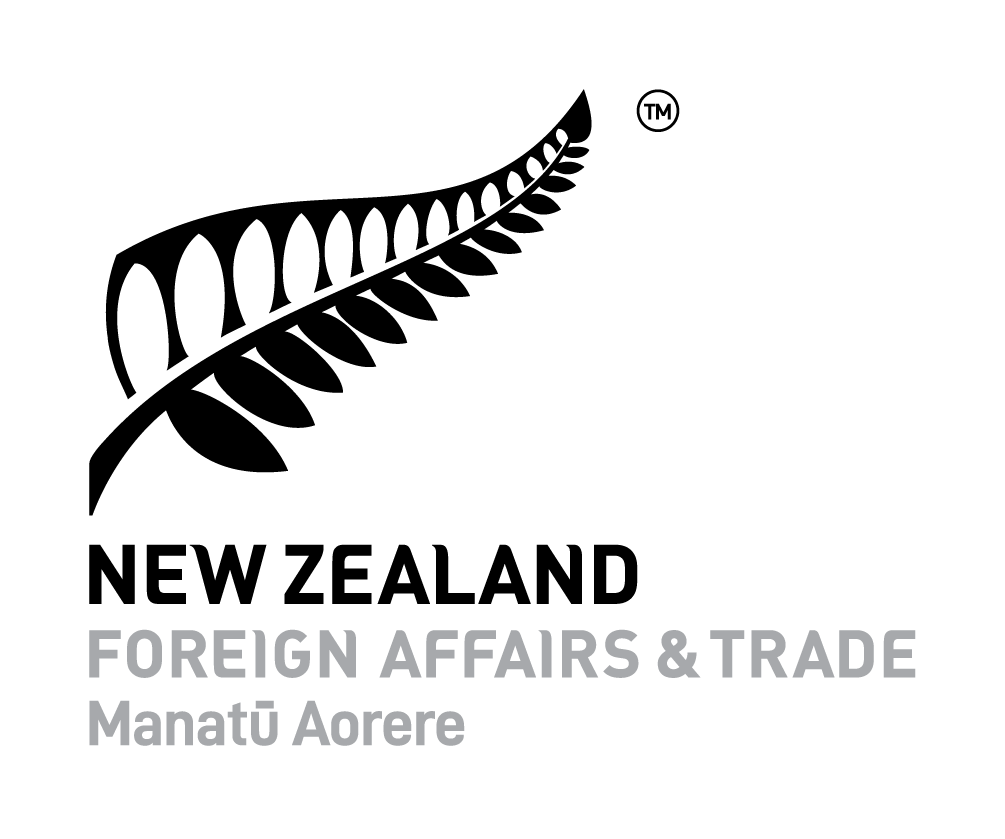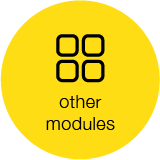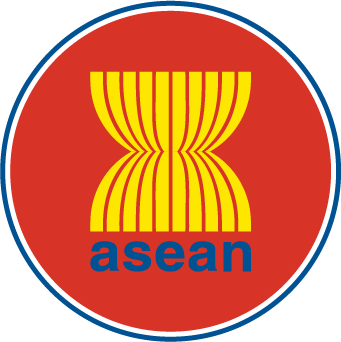
for the Implementation of International Standards
related to Sanitary and Phytosanitary (SPS) Measures



ECONOMIC COOPERATION SUPPORT PROGRAMME (AECSP)
Disclaimer
This e-learning module has been developed for the teaching purposes and material contained in it is of general nature.
It is not intended to be relied upon as legal advice and the concepts and comments may not be applicable in all circumtances.



ECONOMIC COOPERATION SUPPORT PROGRAMME (AECSP)
We all need food to fully live our lives. This food should be safe, healthy and suitable for consumption.
See this video of the FAO General Director on the World Food Safety Day.
Food can be affected by microbial and chemical contamination, new technological processes and labelling throughout the food production chain. These processes can disturb its safety and quality status and impact negatively on public health and trade activities.
Global international standards for food aim to facilitate trade and to protect public health. The establishment of international standards creates common understanding of minimum consumer’s protection throughout the global food system.
Common international concerns
In the early 1960s, international organisations such as the World Health Organisation (WHO), the Food and Agriculture Organisation (FAO), The United Nations Economics Commission for Europe (UNECE), and The Organisation for Economic Cooperation and Development (OECDC) discussed the need to establish an international leader to safeguard food standards.
Reference leadership on food safety
The Codex Alimentarius Committee was finally formed by a Joint WHO/FAO Food Standards Programme in 1963 and since then, experts all over the world have contributed to build international food standards.
Codex Alimentarius (Codex) is the reference body in the world for international food standards.
Impact of international food safety standards
The establishment of an international agreement on minimum food standards harmonises the quality and safety of the food in every home. This ensures protection of consumers and also reduces trade barriers.
Mission
The mission of Codex is to protect consumer health and promote fair practices in the food trade by setting international, science-based food safety and quality standards. This duty is carried out through diverse activities, from the facilitation of informed dialogue to the creation of international networks and the development of official documents.
Codex texts
Codex alimentarius involves a set of standards, guidelines or code of practice. The collective Codex documents are referred as “the Codex texts”. Their applicability is voluntary, and they need to be translated into national legislation or regulation to be enforceable. More information in Module 1.5.
Living codex work
As new challenges are constantly emerging from the food industry and global trade, Codex work meeds to evolve at a similar pace to accomplish the codex mission. Therefore, Codex texts are periodically updated to incorporate new knowledge, understanding and address emerging food safety issues.
The Codex texts can be general or specific. They may be drafted as standards, guidelines, or codes of practices, depending on the subject matter.
General standards, guidelines, and codes of practices apply to all food and they are generally developed by horizontal committees.
Codex commodity standards refer to a specific product or a category of similar products, for example a general standard for fruit juices as opposed to a standard for one specific fruit juice. These texts are developed by commodity specific committees but also involve endorsement of horizontal provisions by the relevant horizontal committees.
Codex regional coordinating committees may also develop regional standards which are for use in their particular regions.
There are four main organising bodies of Codex.
The Codex Alimentarius Commission currently represents around 189 Codex members made up of 188 member countries and one member organisation (the European Union). The higher the number of representatives is, the strongest Codex is, as more countries engage with Codex mission.
The Codex Executive Committee is formed by the Chair and Vice Chairs of the Codex Alimentarius Commission, seven elected representatives from the various geographical groups of Codex Member countries and six regional coordinators. The role of the Executive Committee is to support the Codex Alimentarius Commission in the organisation and management of the Codex work plan.
The Secretariat of the Codex Alimentarius Commission is hosted at the FAO headquarters in Rome and it provides coordination and liaison across the entire spectrum of Codex activities.
The Commission, under its rules of procedure, can establish three kinds of subsidiary bodies. There are Codex Committees, including ad hoc task forces, which prepare draft standards for submission to the Commission; Coordinating Committees, through which regions or groups of countries coordinate food standard activities; and General Subject Committees which are often referred to as horizontal committees. The General Subject Committees develop standards and related texts with concepts and principles applying to all foods in general, specific foods or groups of foods.
Codex in different sectors
The following sections will discuss the role of Codex in three different sectors
Best available evidence
Codes alimentarius is scientifically sound. This means that all knowledge, including the decision-making processes in Codex is based on the best evidence available.
Furthermore, including scientific advice attributes Codex with independence, transparency and universal capabilities. See this video about Codex and science.
FAO/WHO expertise
FAO and WHO form joint expert committees and expert bodies that develop works of reference.
These works are mainly safety assessments and evaluations that contribute to upgrading the scientific basis of public institutions and industry worldwide.
Key FAO/WHO expert bodies include:
- Joint FAO/WHO Expert Committee on Food Additives (JECFA)
- Joint Meeting on Pesticide Residues (JMPR)
- Joint Expert Meeting on Microbiological Risk Assessment (JEMPRA)
- Joint Expert Meeting on Nutrition (JEMNU)
Main FAO/WHO expert committees
International consensus
Codex aims to harmonise sufficient food safety and quality standards and thus, to ensure fair practices in trade.
Agreement of Codex texts is through consensus and it provides the basis for minimal requirements to harmonise food control systems and facilitate international trade.
Trade agreements
There are two key agreements related to Codex work, the Agreement on the Application of Sanitary and Phytosanitary Measures (The SPS Agreement) and the Agreement on Technical Barriers to Trade (TBT).
These two agreements recognise the importance of global food safety standards to protect consumers’ health worldwide and to minimise discrimination in trade. More information can be found in Module 1.2.
Consumer protection
- The role of Codex in the development of food safety standards and other similar activities have made it the reference point for consumer protection in relation to food quality and safety.
- The General Principles of Food Hygiene provides guidance in food safety throughout the food chain. It describes handling practices and food processes to keep hygiene standards and ensure safe food from primary production to consumption. They can be accessed here and in the resources tab.
- Emerging food-related issues of consumers are considered in the Codex Strategic Plan 2014-2019 through the establishment of international food standards for emerging food issues.
Example of consumer protection
One very well-known example of an emerging food-safety issues is the bovine spongiform encephalopathy (BSE) outbreak Europe. Codex developed the Code of Practice on Good Animal Feeding when the outbreak took place. It can be accessed here and in the resources tab.
Consumer’s choice
Consumer’s choice on food products should not be affected by misleading food labelling. Codex provides guidance through the General Standard for the Labelling of Prepackaged Foods. It can be accessed here and in the resources tab.
Proximity
Codex aims to bring consumers closer to the Codex work. All Codex work is publicly available on the website and consumers’ requests can be addressed through the Codex Secretariat.
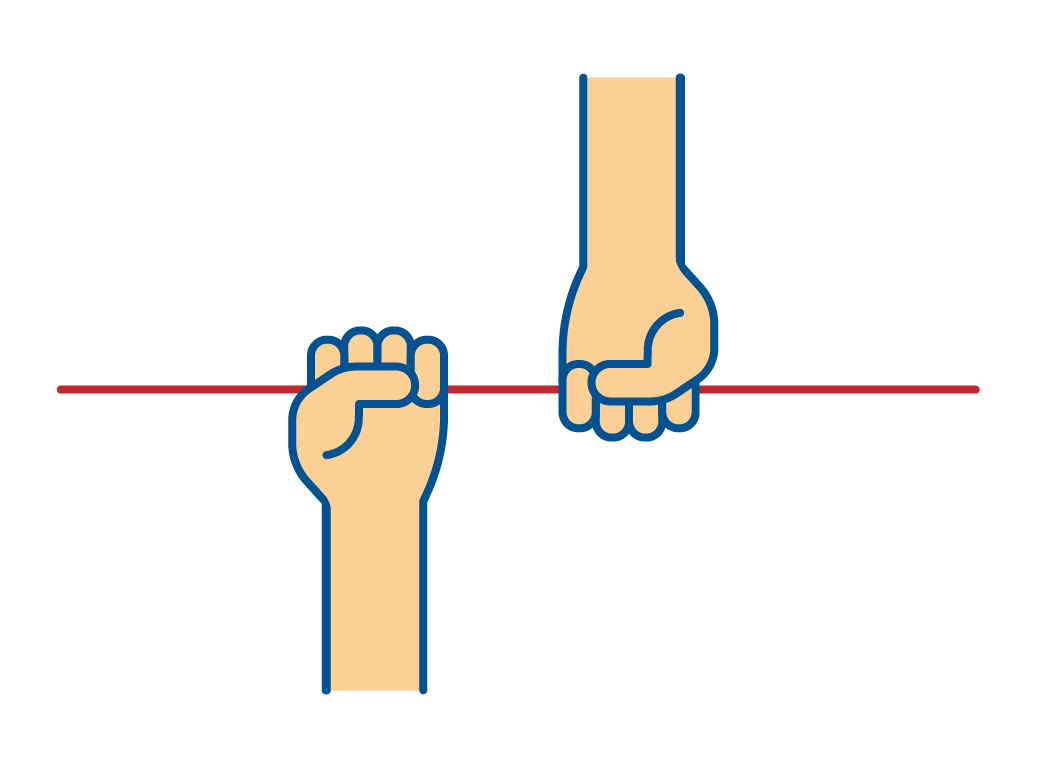




Question
Please, select true or false for the following statements about Codex.
All countries, regardless if they are Member countries or not, can actively be involved in the Codex Commission.
Codex texts involve codex guidelines, codex codes of practice and codex international food standards.
The majority of countries are not in favour of an international consensus regarding food safety and trade practices.
All Codex work is based in the best evidence available and they are continuously updated.



ECONOMIC COOPERATION SUPPORT PROGRAMME (AECSP)

